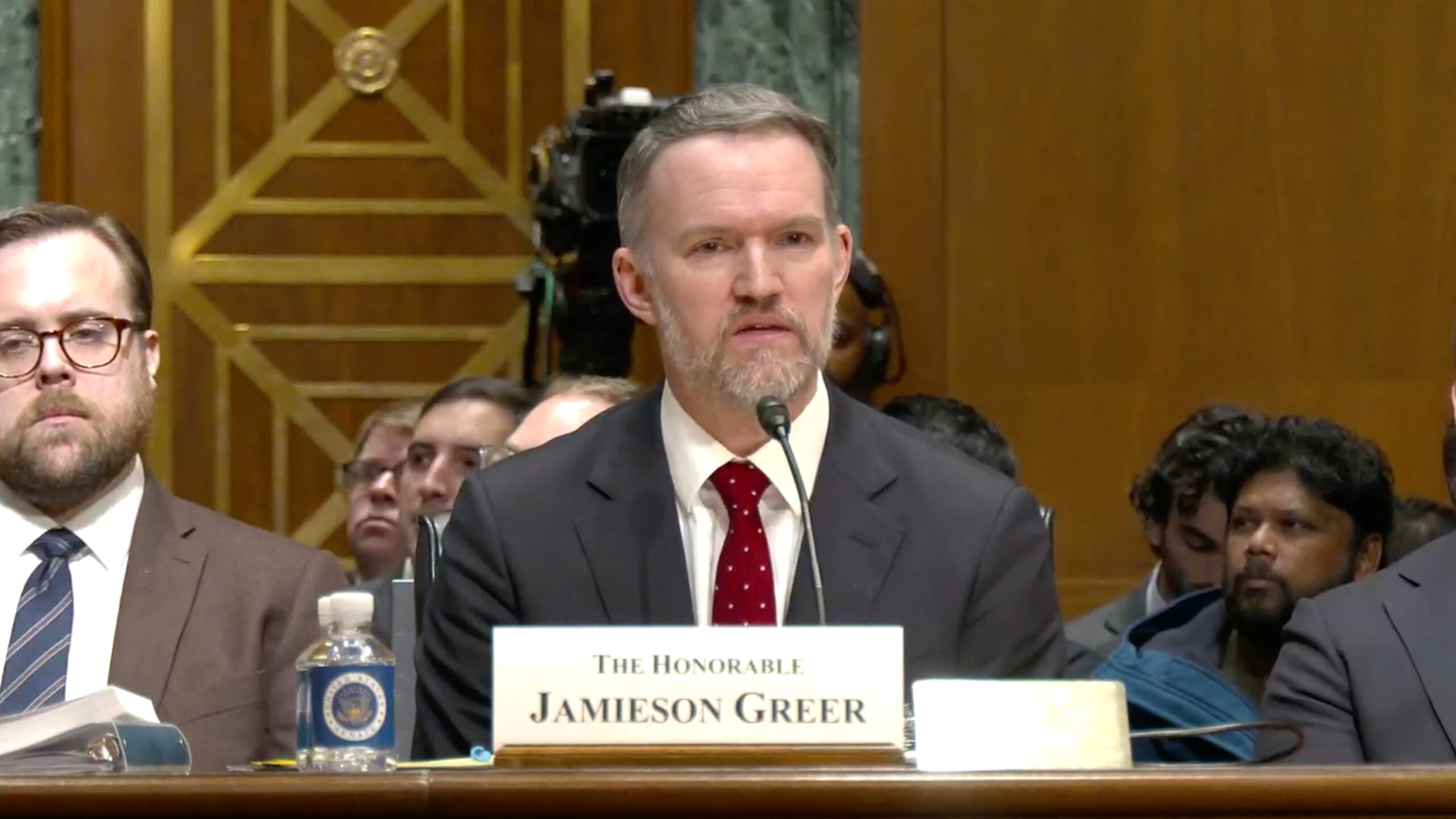WASHINGTON — In a coalition letter led by the Coalition for a Prosperous America (CPA), a group of national security and foreign policy experts urged President Joe Biden to establish a mechanism to review U.S. outbound investment to China in order to address the risks and threats associated with U.S. capital bolstering the CCP’s ability to modernize and advance its military and build other advanced technologies. Read the full letter here. Earlier this year, CPA urged the House Financial Services Committee to crack down on U.S. outbound capital market investment to China.
“We write to you today as members of the American foreign policy and national security community to indicate our support for the establishment of an outbound investment review mechanism,” the coalition letter states. “While Congress continues to review legislation intended to address this matter, we respectfully request that expeditious action be taken by the administration in the near-term to address the risks and threats associated with U.S. capital bolstering the CCP’s ability to modernize and advance its military and build other advanced technologies.”
In a hearing last week held by the House Select Committee on the Chinese Communist Party (CCP), Chairman Mike Gallagher (R-WI) questioned Roger Robinson, Jr. about including U.S. investment portfolios in any outbound investment review of U.S. capital flowing to China. Robinson, who signed the coalition letter to President Biden, is an advisor to CPA, the former National Security Council (NSC) Senior Director of International Economic Affairs for President Ronald Reagan, and former Chairman of Congressional U.S.-China Economic and Security Review Commission.
The coalition letter continues by outlining specific outbound U.S. investments to China that should be reviewed.
“We ask that any executive action taken on outbound investment do the following:
- Cover as many “persons” as possible, including individuals, entities, and their subsidiaries or affiliates based on both ownership or control;
- Cover as many types of investments or transactions as possible, including any transactions, acquired equity or contingent equity interests, monetary capital contributions, or payments, that shift, relocate, or transfer critical capabilities or provide financing for adversaries’ critical capabilities – including passive investment in certain companies and industries providing capital to CCP-linked entities via investment products available in the U.S. such as ETFs, mutual funds, and other indexes or derived products;
- Cover as many industrial sectors as possible, not preferencing or selecting a narrow set due to the complexity and interdependency of global supply chains, the widespread nature of the multinational industries, and the constantly changing and adapting threats at-hand; and
- Cover the inclusion of future or emerging technologies, industries, investment vehicles, or sectors, establishing a review process or mechanism by which further information can be gathered to inform future changes to any executive action.”
Earlier this month, CPA applauded the reintroduction of bipartisan National Critical Capabilities Defense Act by U.S. Representatives Rosa DeLauro (D-CT), Brian Fitzpatrick (R-PA), and Bill Pascrell (D-NJ). This legislation will help prevent American supply chains from being offshored by establishing an outbound investment review, which covers production, development, manufacturing, or fabrication of identified critical national capabilities to countries, like China and Russia, that are deemed foreign adversaries. Importantly, this legislation would create a whole-of-government screening process for outbound investments to ensure that the United States can quickly detect supply chain vulnerabilities and protect national, economic, energy, and health security interests where needed.
Signatories of the coalition letter include:
- J. Kyle Bass, CIO of Hayman Capital Management and Life Member of the Council on Foreign Relations
- James Carafano, Vice President, the Kathryn and Shelby Cullom Davis Institute for National Security and Foreign Policy, and the E. W. Richardson Fellow, the Heritage Foundation
- Mark Clifford, President, The Committee for Freedom in Hong Kong Foundation
- Douglas M. Fears, Eight Homeland Security and Counterterrorism Advisor to the President
- Michael W. Green, Chief Strategist & Portfolio Manager, Simplify Asset Management, LLC
- Major General James ‘Spider’ Marks (Retired), Principal, China Tech Threat; Faith J. H. McDonnell, Director of Advocacy, Katartismos Global
- Pam Pryor, Former Acting Assistant Secretary for International Organizations and Senior Advisor National Committee on Religious Freedom
- Roger W. Robinson, Jr., former Senior Director of International Economic Affairs at the National Security Council
- Darren Spinck, Research Fellow, Henry Jackson Society
- Michael Stumo, CEO, Coalition for a Prosperous America.
Read the full letter here.












